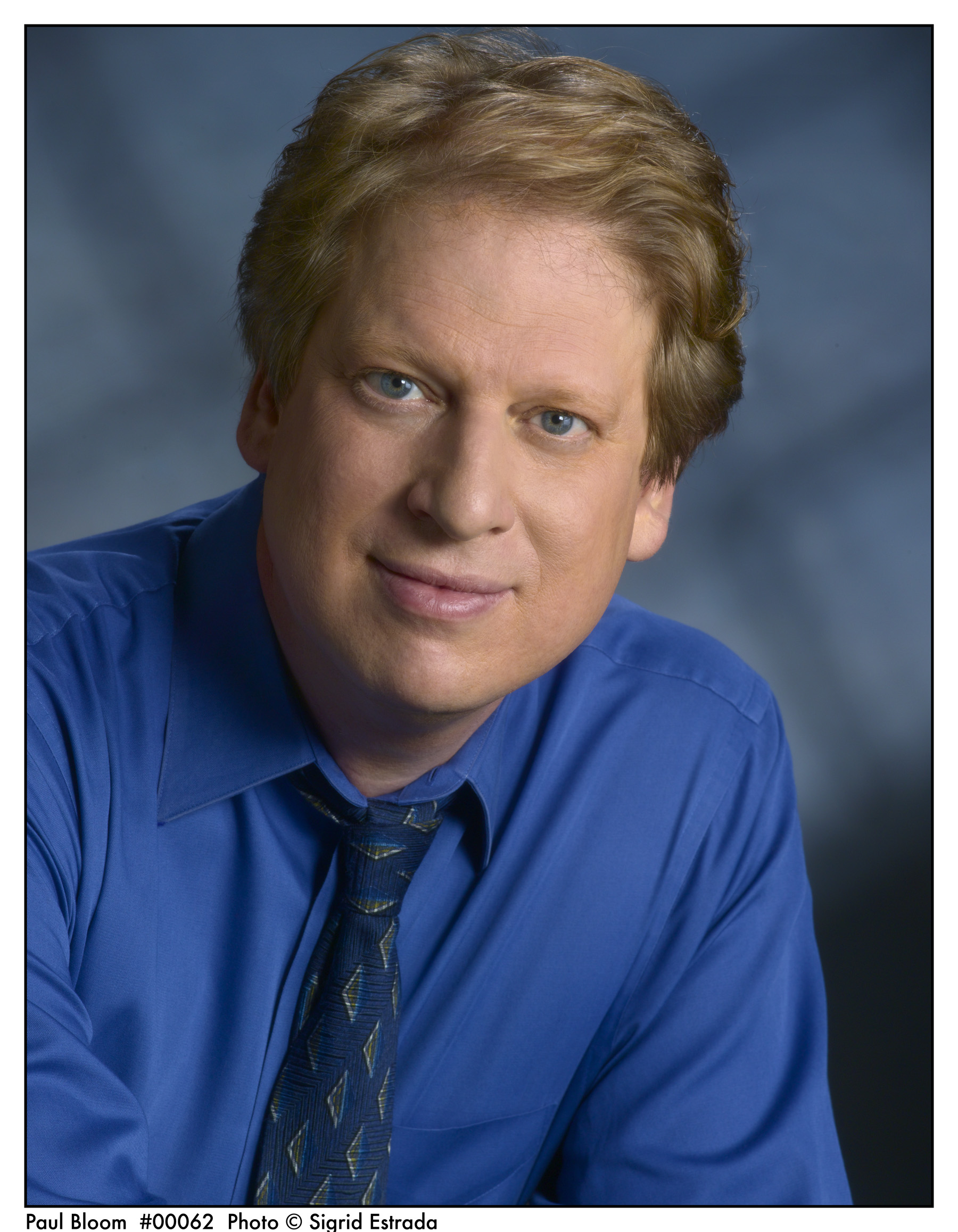
Paul Bloom
Paul Bloom is a distinguished cognitive scientist and award-winning author, most recently of the book, How Pleasure Works: The new science of why we like what we like and the May 2010 article in The New York Times Magazine, "The Moral Life of Babies."
A popular professor of psychology and cognitive science at Yale University, Bloom's research is wide ranging, including the study of morality, happiness, language, and pleasure.
In How Pleasure Works, Bloom argues that there are deep and surprising commonalities in the pleasures that we get from art, food, sex, stories, and consumer products. His study of everyday morality and the factors that underlie moral conflict have addressed philosophical questions like, Where do our gut feelings about issues such as abortion, torture, and gay marriage come form? Do liberals think differently than conservatives? How much does religion matter?
Bloom believes that we can learn much about morality through the study of babies, chimpanzees, and psychopaths. In his article, "The Moral Life of Babies," Bloom asserts that babies possess certain moral foundations, including the capacity and willingness to judge the actions of others, some sense of justice, and gut responses to altruism and nastiness.
In addition to How Pleasure Works, Bloom is the author of Descartes' Baby: How the science of child development explains what makes us human. He has written more than 100 scientific articles in journals such as Nature and Science, and his popular writing has appeared in publications including The New York Times, The Guardian, The American Scientist, Slate, and The Atlantic. His article in The Atlantic, "Is God an Accident?" was included in The Best American Science Writing 2006.
NOTE: Bio is as it appeared in the Forum program from February, 2011.
Special thanks to our Lifetime Patrons





 View All Sponsors ›
View All Sponsors ›

Sign-up here to receive email updates from The Connecticut Forum!
We will send you exciting updates about our season, panelist announcements, special events, news and information that will keep you "in the know."
Your personal information is safe with us. We will never sell or share your personal information with anyone else.
